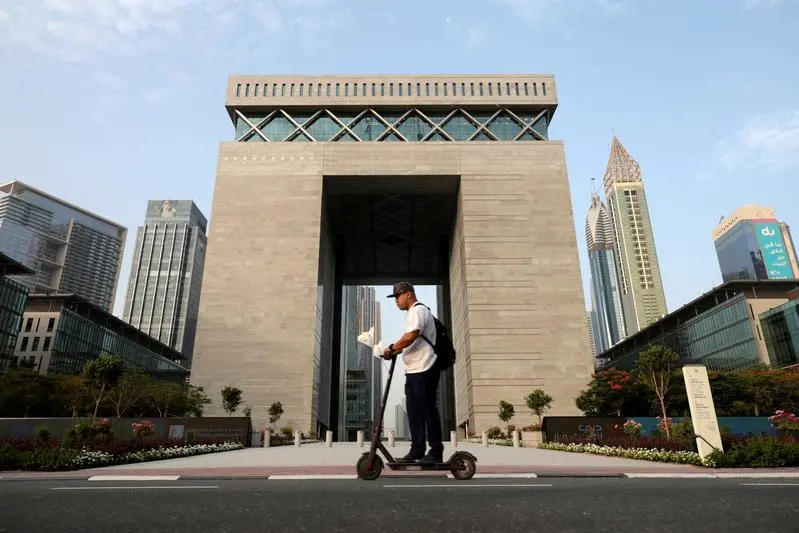PHOTO
The new end-of-service scheme for the Dubai International Financial Centre (DIFC), which goes into effect at the beginning of next month, is expected to roll out in the rest of the UAE as well, according to global legal firm DWF.
Last week, the Prime Minister of the UAE and the ruler of Dubai, enacted amendments to DIFC Employment Law and new Employment Regulations to introduce new end-of- service savings plan. Read more here
“This is a progressive change which should increase the UAE's ability to attract and retain top international talent by bringing the DIFC working practices in line with global standards,” Shiraz Sethi, regional managing partner at DWF, a firm listed on the London Stock Exchange, told Zawya.
“We understand that this is a pilot scheme within the DIFC and once established, we anticipate it will be rolled out to the rest of the UAE,” he added.
As the UAE launches new residency schemes that offer longer staying options within the country, retirement schemes are set to get nationwide push.
“This has to be the plan given that people generally are planning to stay longer in the UAE. As such retirement savings plans are a key component to drive such initiatives forward,” he said.
According to Sethi, under the former End of Service Gratuity (ESG) regime, there was no obligation on employers to accrue for ESG, which posed various risks for employees, including the non/late/partial payment of ESG, particularly where there was a dispute on exit or the business experienced unexpected financial difficulties.
He added that it is common practice in the UAE for ESG to be paid out of the employers working capital, which does not adequately protect employees’ ESG accrual.
“The new amendments introduce measures intended to police, fund and find practical solutions to protect gratuity payments for DIFC employees which will undoubtedly provide employers with the financial certainty required for financial planning,” he said.
Employers will have until 31 March 2020 to enroll into a Qualifying Scheme. These include the DIFC Employee Workplace Savings (DEWS) Plan. Alternatively, employers may seek a Certificate of Compliance from the DIFC Authority for an alternative Qualifying Scheme under the new regulations.
According to Thenji Moyo, legal director and co-head of employment at DWF, a key implication of DEWS Plan is that it will bring more financial certainty and security to both employers and employees in the DIFC; it will also encourage both employers and employees to consider long term financial planning measures.
“We anticipate that DIFC employers will start offering more additional company benefit packages such as matching employee contributions, which is common practice in other jurisdictions. We understand that the scheme will become more bespoke and offer a wider variety of options once established to bring the DIFC in line with global standards,” she told Zawya.
As for the preparatory steps in line with the new scheme, employers will need to register onto the DEWS platform, nominate their Authorised Signatory and sign a Deed of Participation, Moyo said. They will also need to determine what they do with the accrued End of Service Gratuity liability, for which there are a number of options.
“Employee consultations and the drafting of an internal DEWS policy would be required. Separately employees will also have to register onto the platform and then look to seek independent financial advice on their risk profile/rating and determine their choice of funds,” she added.
(Reporting by Nada Al Rifai; editing by Seban Scaria)
Disclaimer: This article is provided for informational purposes only. The content does not provide tax, legal or investment advice or opinion regarding the suitability, value or profitability of any particular security, portfolio or investment strategy. Read our full disclaimer policy here.
© ZAWYA 2020





















